Your body may overheat if you do physical work in a hot environment. This can be hazardous. As a result, the Ministry of Administrative Development, Labour, and Social Affairs (ADLSA) issued a new Ministerial Decision in May 2021 to protect workers during the hottest months of the year, particularly outdoor workers who are exposed to heat, humidity, and the sun.
1. What are the new prohibited working hours?
From 1 June to 15 September, work cannot be performed in outdoor workplaces between 10 am and 3:30 pm. Outdoor workplaces are those in which workers are exposed to weather conditions the heat, humidity and the sun.
2. Is any outdoor work allowed during these hours?
Outdoor work is allowed in shaded areas and ventilated workplaces only. These are areas where you are not exposed to direct sunlight, and where there are fans and/or air-conditioning, with no exposure to additional heat from machines and other sources.
3. Is it safe to work before 10 am or after 3 pm during the summer?
Yes, it can be safe, provided that your employer has adopted certain control measures and that you also do your part by taking precautions Drink enough water and take breaks whenever you need to. Set up a buddy system with your colleagues so that you can look out for each other. You must tell your supervisor or colleagues if you feel unwell and stop working
4. Is it safe to work at night?
Night shifts can reduce the risk of heat stress. But be careful! High temperatures and humidity can still pose a risk. Drink enough water and take rests when needed. Moreover, night shifts can have a negative effect on your safety and health if you do not get enough sleep Showing up to work tired can lead to mistakes, and can put you and your colleagues in danger.
5. How much water should I be drinking?
Drinking enough water is one of the best ways to protect yourself from heat stress. There is a simple way to check if you are drinking enough check the colour of your urine! Pale is good, and dark is a warning sign!
It is important to remember to drink water before and after going to work, Many workers show up at work already dehydrated. When you are working outdoors, you should drink 2-3 glasses of water before starting work. Then, during the day, you should drink 3 glasses of water per hour. During the night, keep hydrated by drinking sufficient water to quench your thirst.
You may be advised to add some salt to your water. You should discuss this with safety and medical professionals as it depends on your personal situation
6. What should I wear to avoid heat stress?
If possible, your employer should provide you with loose, light-coloured clothing that allows air to pass through it. Try not to wear too many layers. It is important to wear any PPE provided.
7. How often should I take breaks?
There is no one answer. It depends on the environmental conditions, your workplace and the intensity of
your work. The harsher the conditions and the higher the intensity, the more breaks you will need. The most important thing is that you listen to your body, and tell your supervisor when you need a break
8. What if I feel the effects of heat stress while at work?
If you feel any of these symptoms a rapid heart rate, heavy sweating, feeling weak and tired; painful muscle cramps: headaches, feeling dizzy; or nausea, stop working immediately and tell your supervisor or a colleague.
If you have reason to believe that heat stress is a threat to your safety or health, you have the right by law to stop work. You should talk to safety officers or management about how the workplace can be made safer.
9. Who is most at risk of heat-related illnesses?
Heat stress affects all nationalities However certain diseases or health conditions, such as hypertension and diabetes, may heighten the risk of heat stress. The law requires that employers provide outdoor workers with an annual health check-up. This will allow for any diseases or health conditions to be identified and managed. For example, workers who are at risk from heat stress can be reassigned to other tasks.
10. How can I find out more about the risks of heat stress?
If you are not sure about any aspect of heat stress speak to your safety officer without delay.
11. Where can I report a case of non-compliance?
If your employer is not complying with the law, please call the Ministry of Administrative Development, Labour and Social Affairs at 16008. Rest assured that your call will be treated confidentially, meaning that you will not be asked for personal details and the company will not be informed that a complaint was lodged.

Source: ILO
Cover image credit: iStock


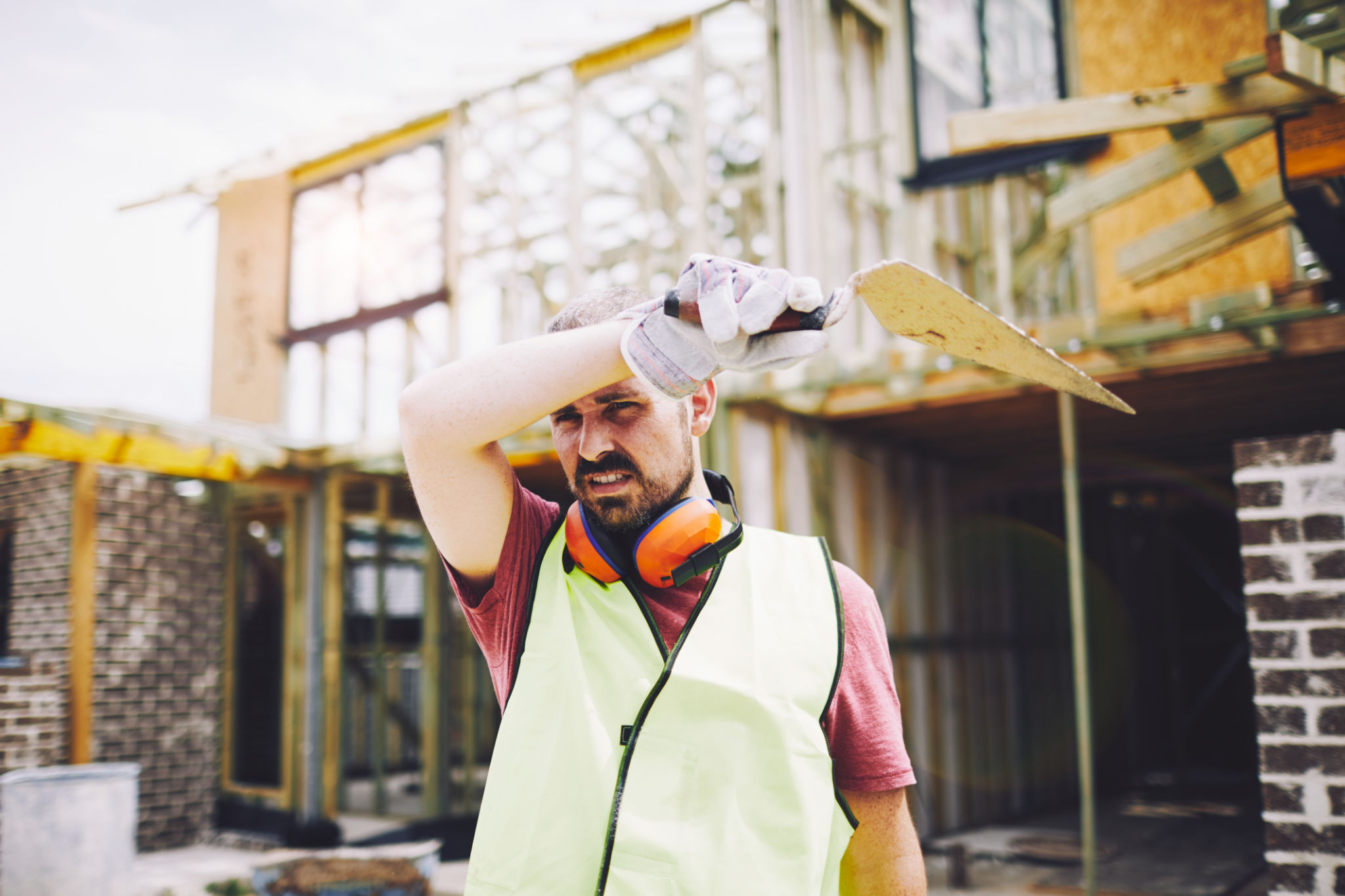
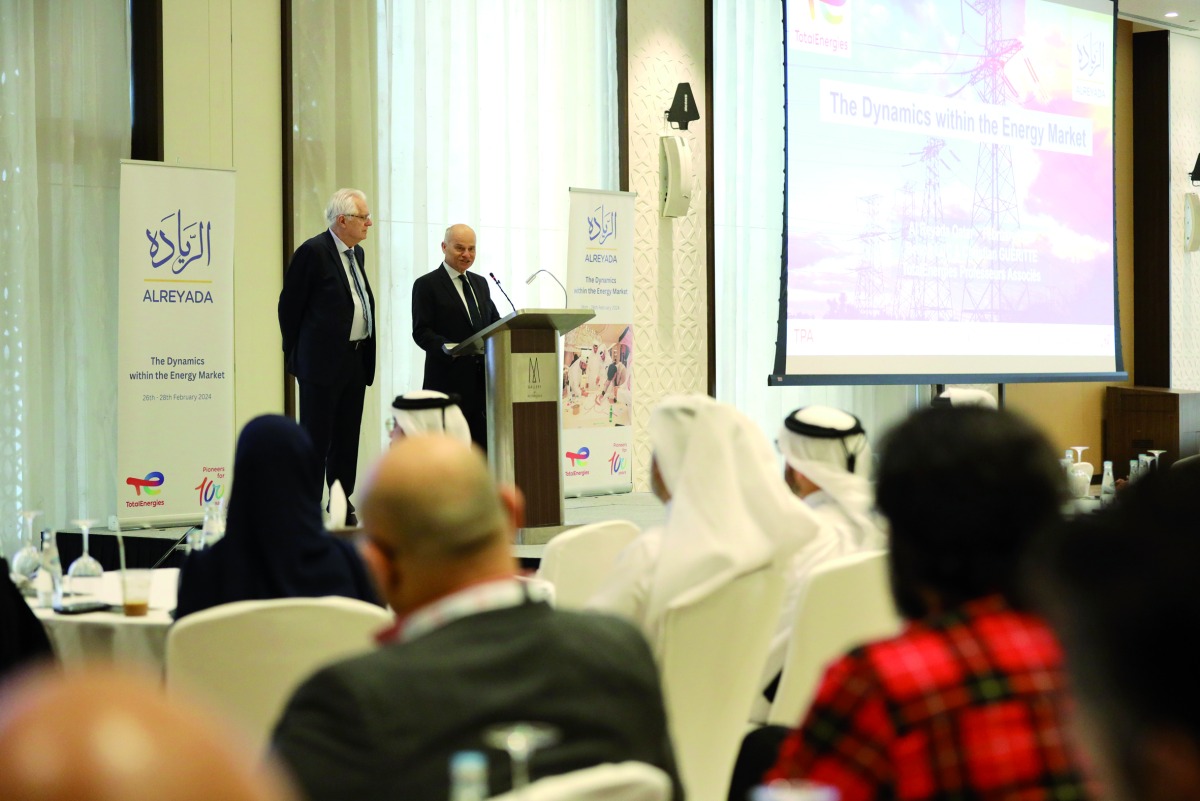

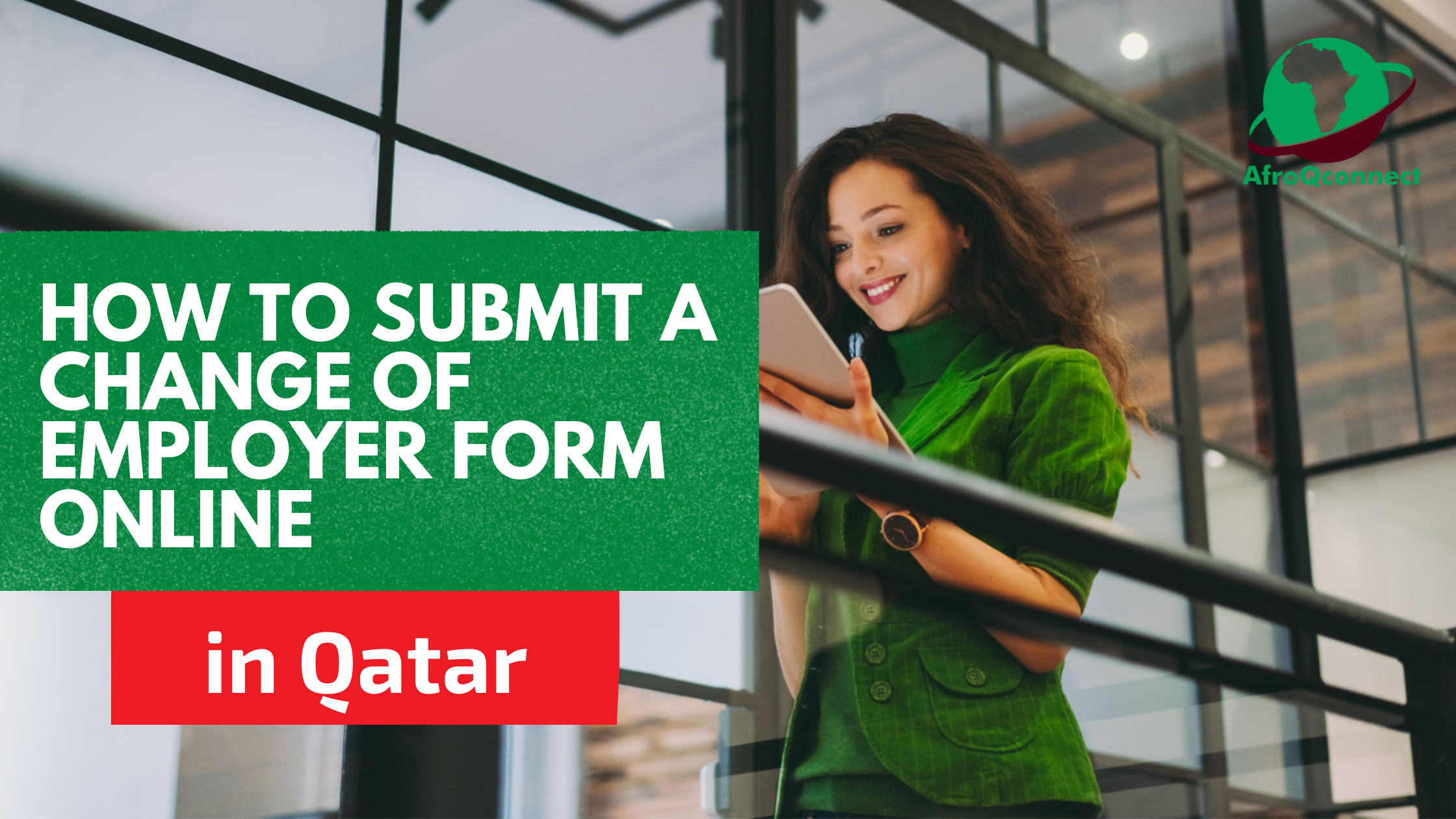
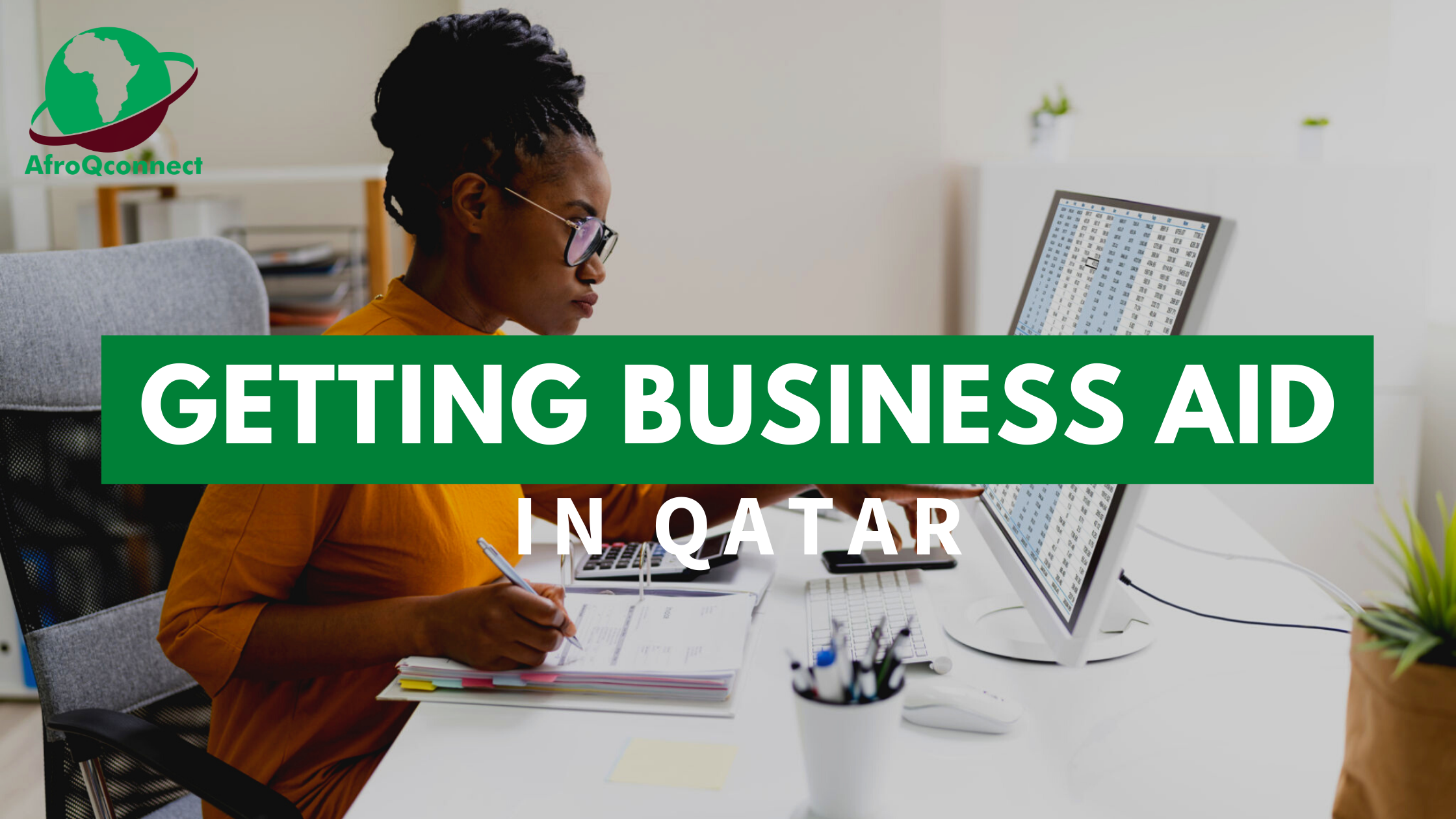

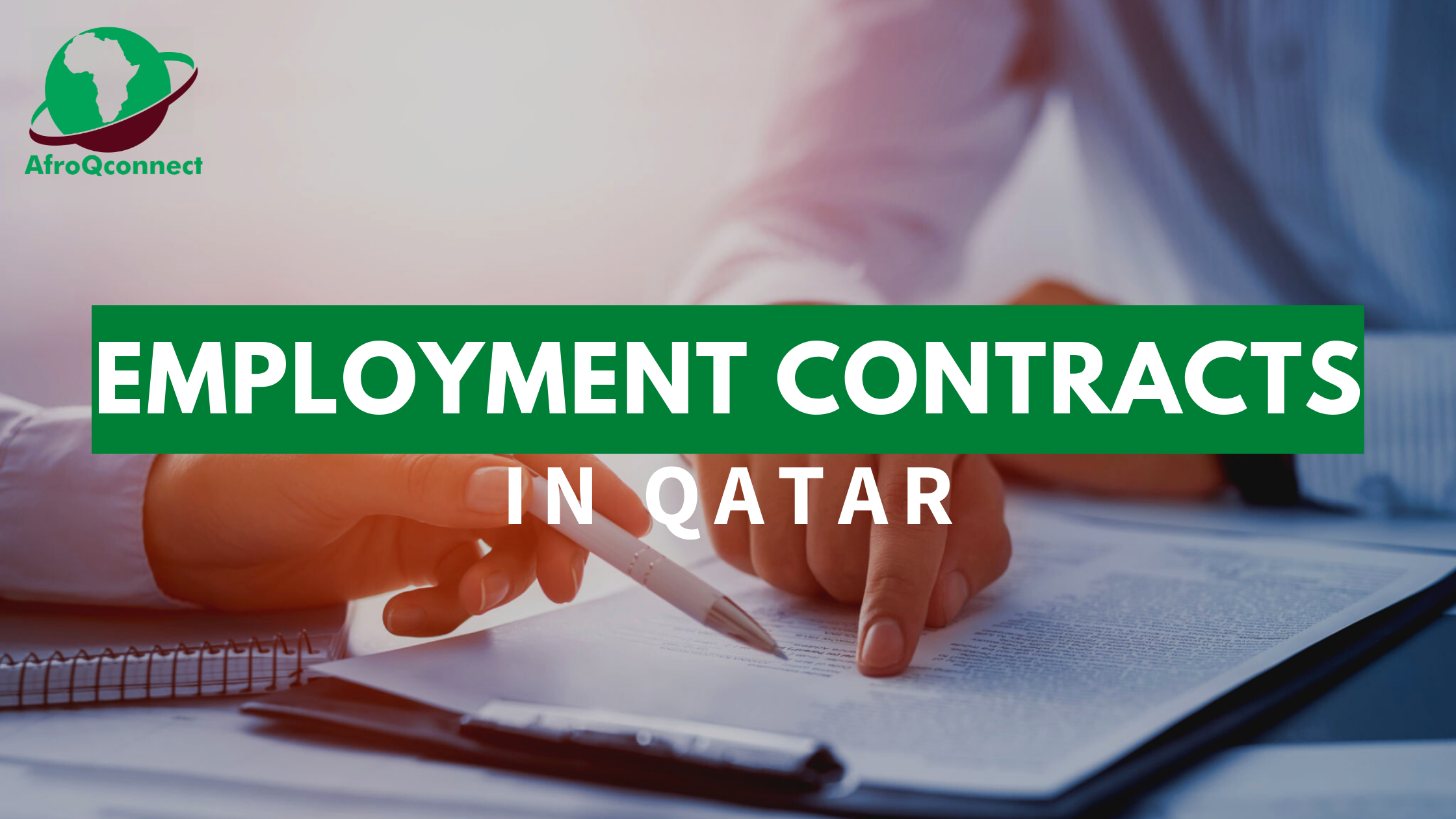

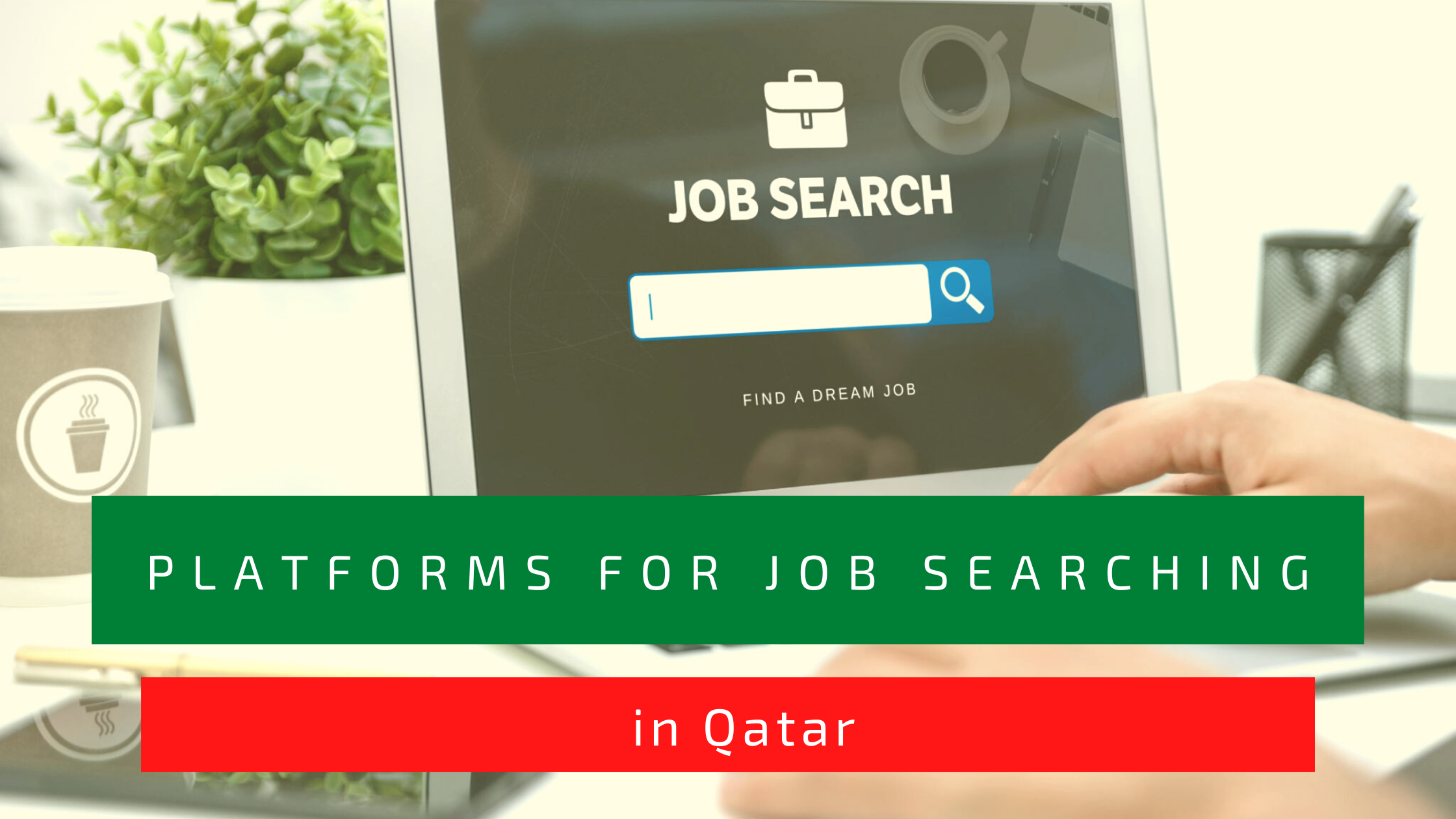
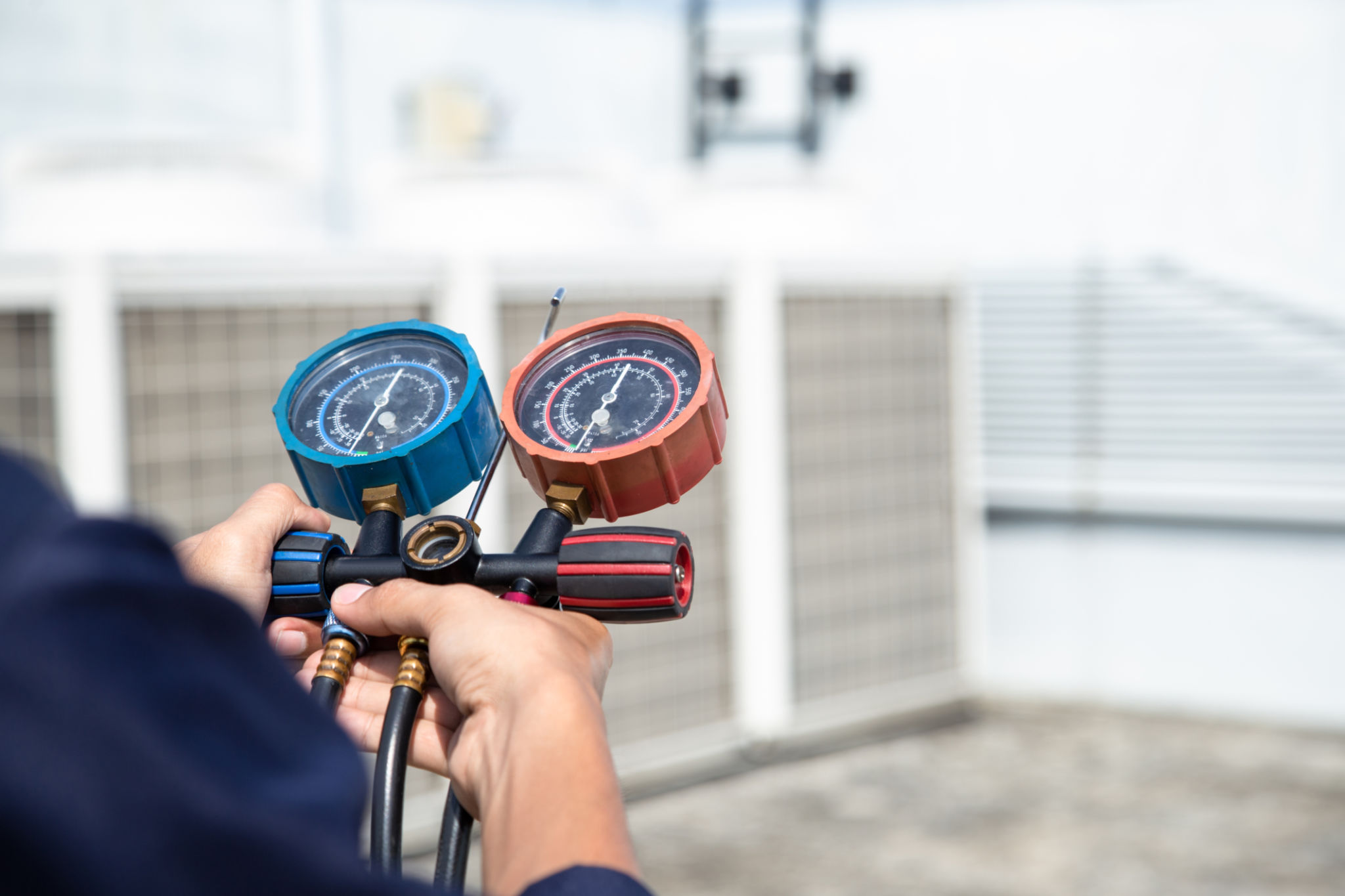





Leave a Reply